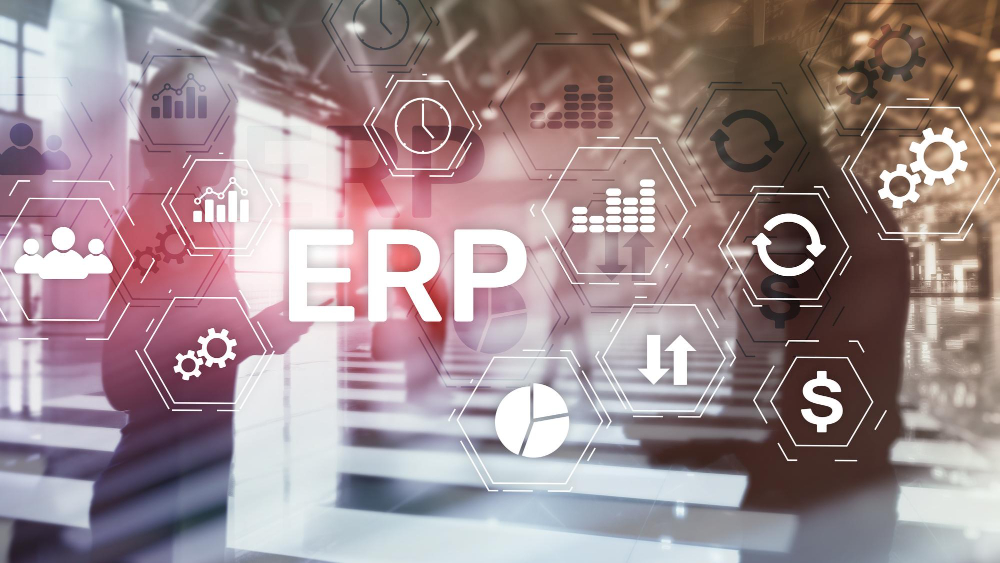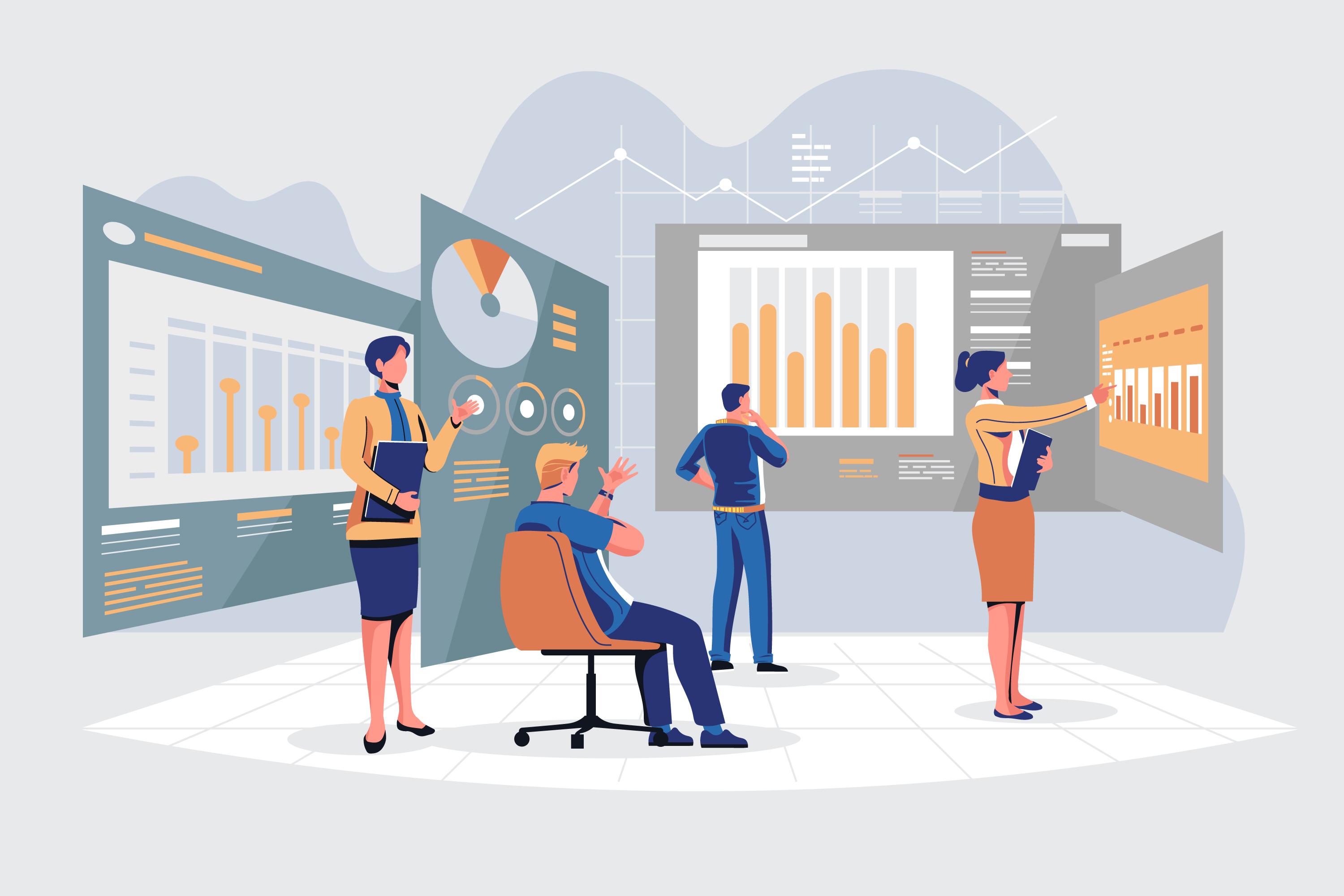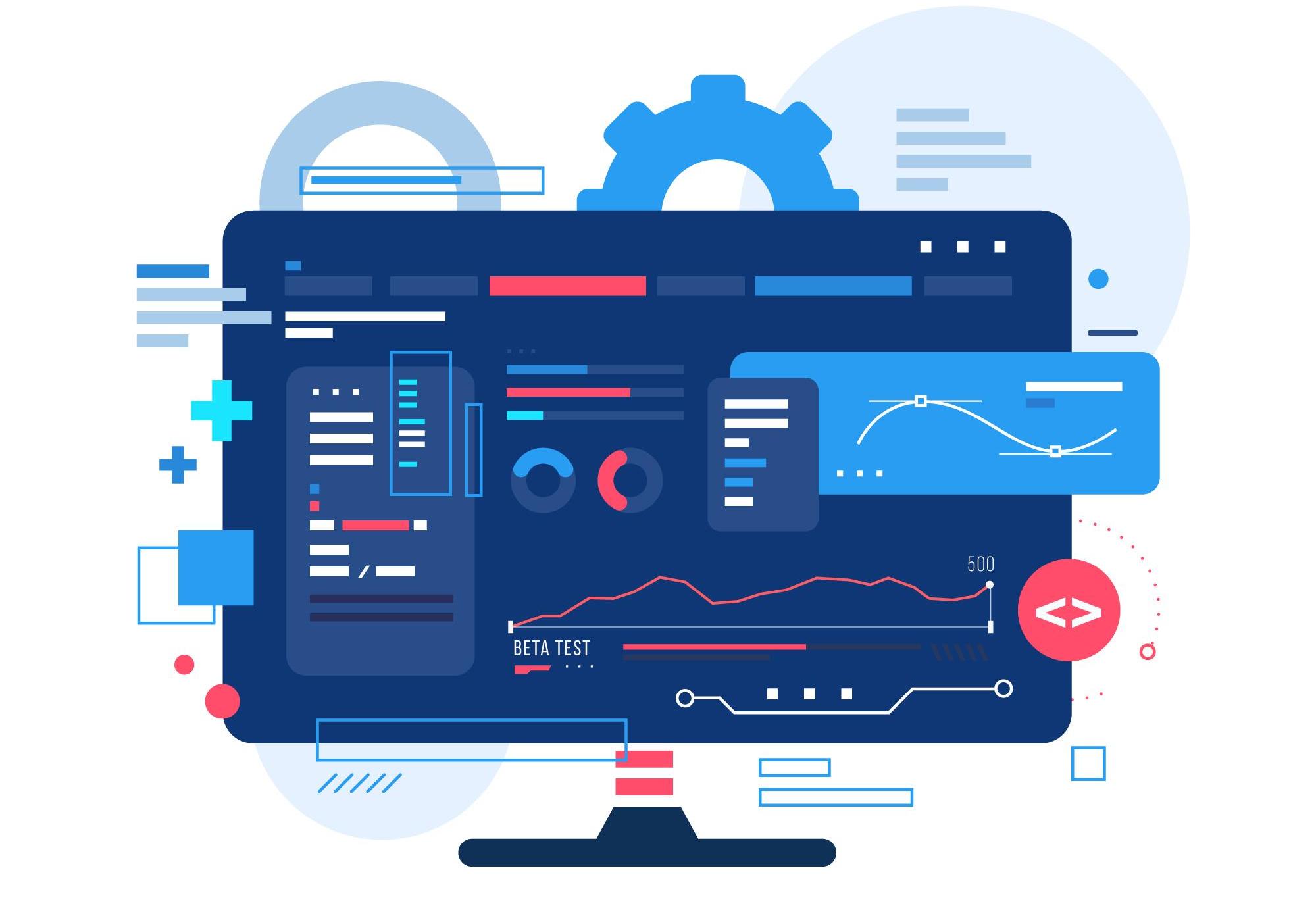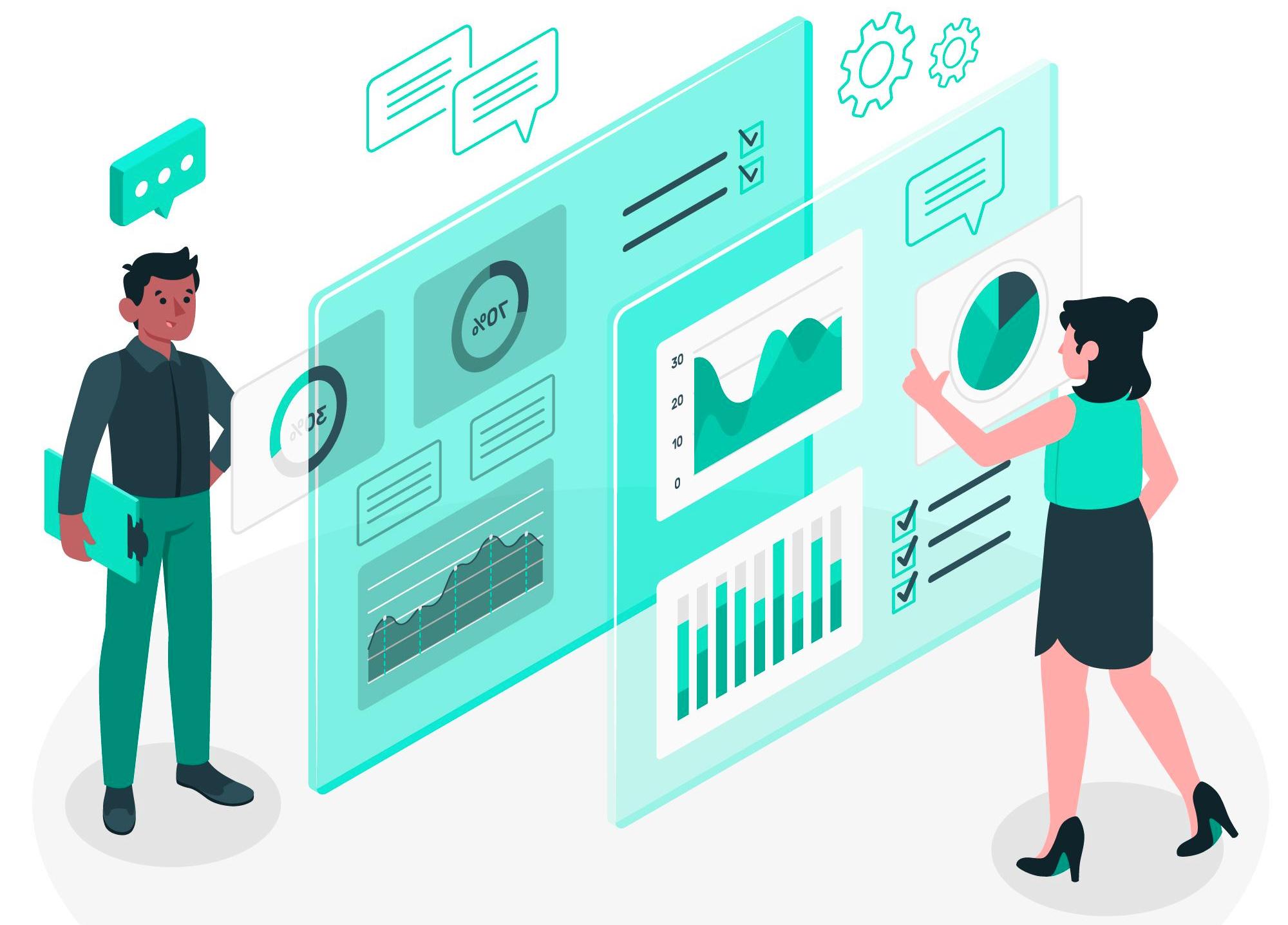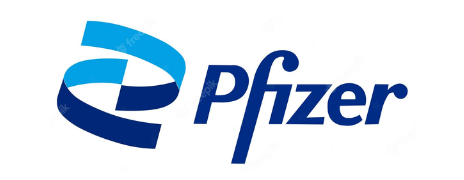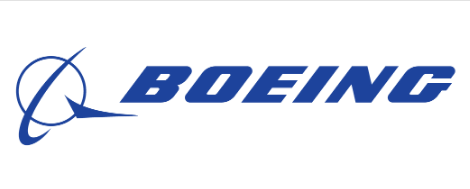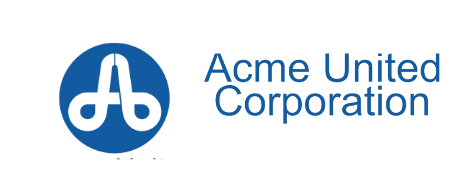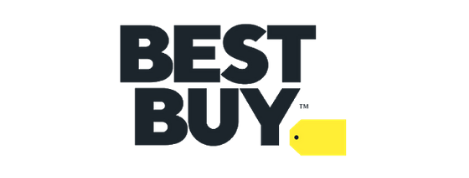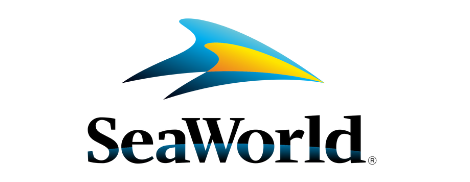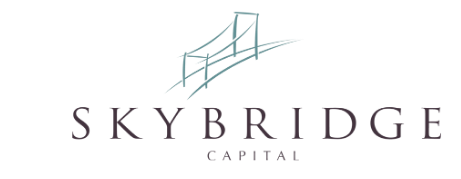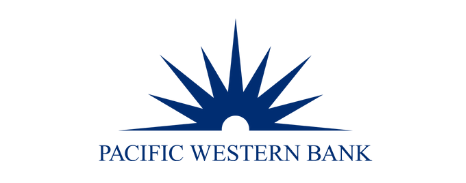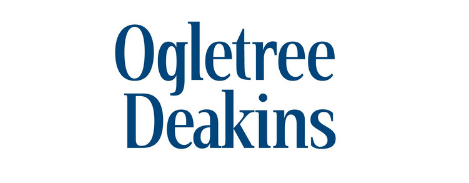ERP Development and Consulting
An ERP system integrates various aspects of your organization, such as finance, inventory, human resources, and sales, into a centralized platform, providing a holistic view of your operations.
Organizations can make informed decisions and respond quickly to changing market demands with streamlined workflows, data consistency, and real-time information.
From designing, development, adoption, customization, migration, and maintenance; Experts at VGroup Inc. can take care of it all.
ERP systems save money by optimizing resource utilization through efficient inventory management, streamlined procurement, accurate demand forecasting, and improved production planning.
This further allows organizations to optimize resource allocation, reduce idle time, and avoid unnecessary expenditures, resulting in cost savings.
With real-time reporting, analytics, and dashboards, decision-makers gain visibility and transparency into key operational metrics.
They can analyze trends, identify opportunities, and predict future outcomes using predictive analytics capabilities.
Customized ERP solutions that streamline business processes, from initial design to implementation, ensuring user adoption and training for maximum efficiency.
Tailored ERP solutions integrated with existing software, optimizing workflows and enabling seamless data exchange for improved operational efficiency.
We assist in every stage, from requirements gathering to system design, development, testing, and deployment, whether you're starting from scratch (Greenfield) or upgrading an existing system (Brownfield).
Smooth transition from legacy systems to modern ERP platforms, with careful planning, data integrity, and user training for minimal disruption and enhanced benefits.
Ongoing assistance, proactive monitoring, troubleshooting, and upgrades to maintain system stability and address technical issues promptly, keeping your ERP system up to date.
We've been transforming the Information Technology space since 1999, and up until now, we've been most successful in our pursuit of creating a culture that provokes innovation.
An ERP system, short for Enterprise Resource Planning system, is a comprehensive software solution to streamline and integrate various business processes and functions across an organization.
It serves as a central hub for data and information, providing a unified view of an organization's operations.
ERP systems typically consist of a suite of integrated modules covering different business management areas. Some common modules include:
-
Finance and Accounting: This module handles financial transactions, general ledger, accounts payable and receivable, budgeting, asset management, and financial reporting.
-
Human Resources (HR): The HR module manages employee information, payroll, benefits administration, time and attendance tracking, performance management, and recruitment.
-
Manufacturing and Production: This module assists in managing manufacturing processes, including production planning, scheduling, inventory management, quality control, and shop floor operations.
-
Supply Chain Management (SCM): The SCM module tracks the flow of goods and materials from procurement to distribution. It encompasses procurement, inventory management, order fulfilment, demand forecasting, and supplier relationship management.
-
Customer Relationship Management (CRM): The module focuses on managing customer interactions, sales processes, marketing campaigns, lead tracking, customer support, and service management.
-
Project Management: This module aids in planning, executing, and monitoring projects. It handles project scheduling, resource allocation, task management, collaboration, and costing.
Streamlined processes and improved efficiency: An ERP system integrates various business processes, eliminating manual tasks, reducing duplication of effort, and automating workflows. This streamlines operations improves productivity, and enhances overall efficiency.
Enhanced data visibility and reporting: ERP systems provide a centralized database, allowing real-time access to accurate and up-to-date information across departments. This enables better data visibility, facilitates data-driven decision-making, and supports robust reporting and analytics capabilities.
Better decision-making through accurate and up-to-date information: With an ERP system, decision-makers can access comprehensive and timely information from different areas of the organization. This helps make informed decisions, identify trends, analyze performance, and forecast future outcomes.
Improved collaboration and communication: ERP systems promote better department collaboration and communication. With shared data and centralized communication channels, teams can collaborate more effectively, share information seamlessly, and improve cross-functional coordination.
Reduced operational costs and improved resource utilization: By streamlining processes, eliminating redundancies, and optimizing resource allocation, ERP systems help reduce operational costs. They enable better inventory management, efficient procurement practices, and optimized production planning, improving resource utilization and cost savings.
Cloud-based ERP: In a cloud-based ERP system, the software and data are hosted and managed by the ERP vendor on their servers, accessible to users over the internet. This model offers scalability, flexibility, automatic updates, and lower upfront infrastructure costs. Users can access the system from anywhere, and the vendor handles maintenance and backups.
On-premises ERP: The organization installs the software on its servers and manages it internally in an ERP system. This model provides greater control over data and customization but requires higher upfront costs for hardware, infrastructure setup, and ongoing maintenance. Upgrades and updates need to be managed by the organization's IT team.
-
Access controls: The system should provide granular user access controls, allowing you to define roles, permissions, and data access levels based on user responsibilities. This ensures that sensitive information is accessible only to authorized personnel.
-
Data encryption: Look for encryption mechanisms to protect data during transit and at rest. This includes secure protocols for data transfer and encryption of stored data, safeguarding it from unauthorized access.
-
Audit trails and logs: The ERP system should maintain detailed audit trails and logs, capturing user activities, system changes, and data modifications. This helps in identifying security breaches, tracking changes, and ensuring accountability.
-
User authentication: Strong user authentication measures like multi-factor authentication (MFA) add an extra layer of security. MFA requires users to provide additional verification factors, such as a unique code sent to their mobile device and their password.
-
Regular updates and patches: Ensure the ERP system vendor provides regular updates, security patches, and bug fixes to address potential vulnerabilities. Promptly applying updates helps protect the system from known security risks.
-
Data backup and disaster recovery: The ERP system should have robust data backup and disaster recovery mechanisms. This ensures that data can be recovered in case of system failures, natural disasters, or cyberattacks.
VGroup is a certified Microsoft Gold Partner, the highest affiliation level from Microsoft.
Moreover, we have Subject Matter Experts in IT Services with industry experience managing hardware, software, and network infrastructure.
Additionally, VGroup has a cumulative experience of two decades, and we've been transforming Business since 1999. Products we've built have won American Business Awards and have been nominated for other recognitions.

